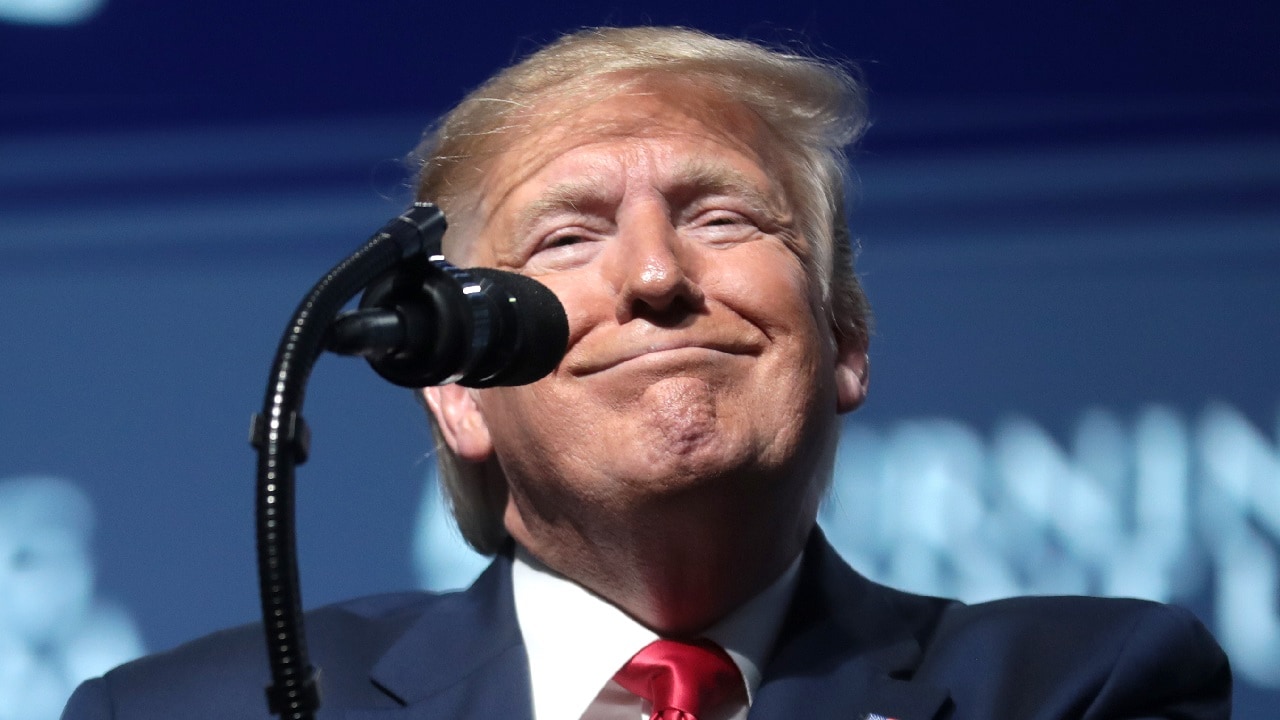In his latest criticism of the American justice system, Donald Trump said there was “no way” he could get a fair trial in Washington D.C.
Trump made the comments on Truth Social earlier this week.
Rather than a court located only yards away from the scene of the January 6 Capitol riots, the former president is exploring the idea of holding his trial proceedings in nearby West Virginia. The state is noticeably more pro-Trump, given that he won it in 2020 by more than 38 percentage points.
That said, legal experts have cast doubts on his ability to move the trial before jury selection has even started.
Donald Trump Loves West Virginia
Trump expressed doubt over the possibility of a fair trial in the nation’s capital on his social media platform this week. “No way I can get a fair trial or even close to a fair trial, in Washington, D.C.,” Trump said of the city he has repeatedly slammed during his tenure in politics.
The former president’s attorneys have been toying with the idea of a possible relocation to West Virginia, where more jurors are likely to be favorable of him judging by the previous election. In 2020, more than 90% of D.C. voters came out in support of the Democrats, while nearly four-fifths of the District is registered Democrat.
Appointing jurors who do not have an opinion on the world’s most prominent politician will be extremely difficult.
As a result, Trump’s attorneys are trying desperately to relocate the trial to a more Republican-leaning part of the country, and nearby West Virginia seems a logical option.
Trump’s Efforts Are Optimistic, Not Realistic
The former president’s efforts are ambitious in the eyes of legal experts. “There has to be compelling evidence that the defendant cannot receive a fair trial,” Jimmy Gurulé, a Notre Dame Law School professor and former federal prosecutor, told The Hill.
“That’s the justification, whether or not the defendant can receive a fair trial. And at this point, there’s no compelling evidence whatsoever that Trump cannot receive, that there cannot be impaneled 12 impartial jurors to preside over the case.”
The news turns from bad to worse when assessing previous attempts to relocate from D.C. by other January 6 defendants. Russell Dean Alford’s request to move a separate case away from the nation’s capital was turned down by U.S. District Judge Tanya Chutkan, the same judge who is overseeing Trump’s indictment.
Alford claimed the Capitol riot’s impact on local residents, pretrial publicity and the voter demographic in D.C. as reason to move his trial. However, Judge Chutkan rejected his arguments, writing: “He does not indicate what percentage of District residents actually voted in the 2020 election, so his emphasis on voters excludes many potential jurors who may not closely follow politics.”
“In any event, [a] Defendant’s assumptions concerning party affiliation in the District are not an appropriate basis for changing venue. Jurors’ political leanings are not, by themselves, evidence that those jurors cannot fairly and impartially consider the evidence presented and apply the law as instructed by the court.”
She added: “In any U.S. jurisdiction, most prospective jurors will have heard about the events of January 6, and many will have various disqualifying biases. The appropriate way to identify and address those biases is through careful voir dire,” referring to the Latin term for questioning potential jurors’ eligibility for selection.
Shay Bottomley is a British journalist based in Canada. He has written for the Western Standard, Maidenhead Advertiser, Slough Express, Windsor Express, Berkshire Live and Southend Echo, and has covered notable events including the Queen’s Platinum Jubilee.
From 19FortyFive

